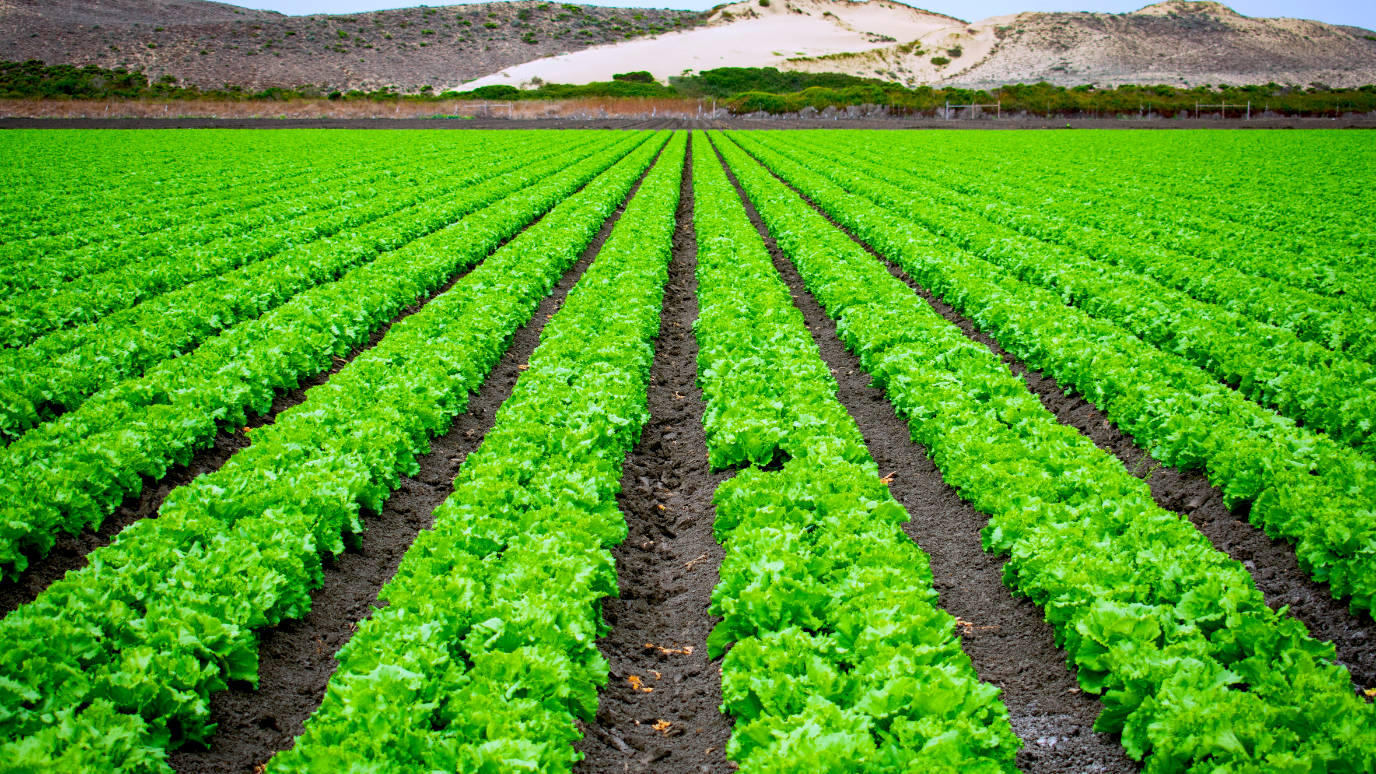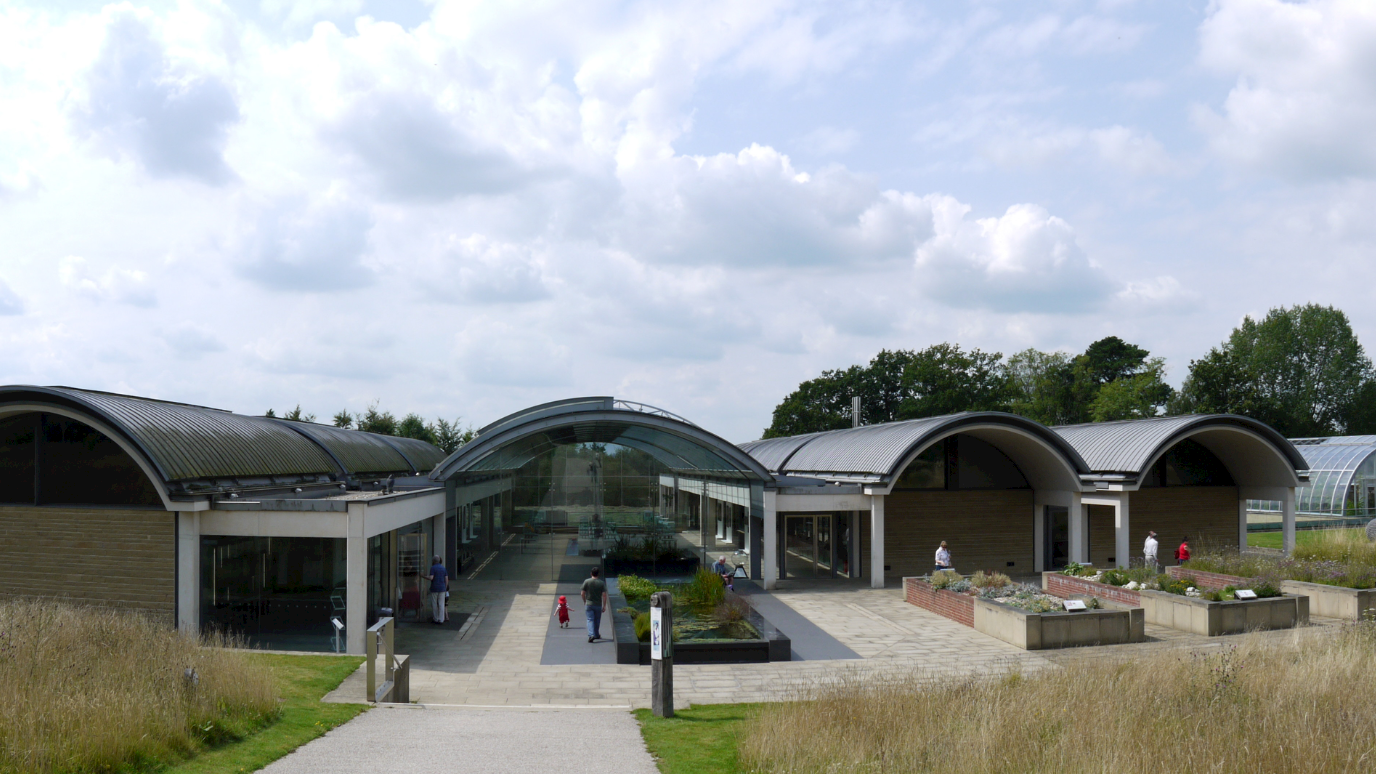COP28 will delve into the ties among climate change, conflict, environmental degradation, and economic shocks, impacting global food security. Dr. Jennifer Cole (Health Studies) and Dr. Ivica Petrikova (Politics and International Relations) assess food security challenges in the UK amidst these dynamics.

A recent IPCC report[1] warns that the climate crisis will have long-lasting impacts on food security. In 2020, the UK imported 46% of the food we consume: we are reliant on overseas production to feed our population but climate change is likely to test this in the coming decades. A strongly meandering jet stream could bring about concurrent harvest failures in major food-producing regions, for example, which would challenge the UK’s ability to import food from overseas. Feed the UK population from locally grown food only would only be possible if farmers used all arable land to produce crops for human consumption rather than to feed livestock consumption[2], and even then, soil degradation and increasing adverse weather events threaten to reduce future crop yields.
In 2022, the UK’s Environmental Land Management scheme[3] replaced the EU’s Common Agricultural Policy. This will gradually substitute direct payments to farmers with payments based on environmental protection and restoration of ecosystem services, which could lead to UK farmers prioritising environmental protection over domestic agricultural production. A new free trade agreement with Australia that may make it cheaper to import food from overseas could further impact the production of home-grown food.
Global food security and its drivers
Sufficient food is produced across the world to feed the global population, but conflicts, climate change and related natural disasters, poor economic performance, poor governance and high levels of debt all disrupt supply chains. More than 730 million people across the world are considered chronically food insecure (9.2% of the global population) and aid to highly food insecure regions from Western high-income countries such as the UK has reduced in recent years[4]. Some countries in the Middle East and Asia are trying to wean themselves off import dependency by investing in farming technology and land as a commodity: Saudi Arabia, China, India and other medium powers have bought agricultural land in Africa and the US, for example, though the yield from these is not yet currently significant.
The global food production is now highly concentrated in large, intensive farms in only a few regions of the world. Just four companies control half of the world’s commercial seed production, 62% of the world’s pesticide market,[5] and 70% of global trade in grains and oilseeds. Investors invest in commodity markets when prices are high, exacerbating food price volatility, as happened during the 2007-8 global food price crisis. Food insecurity across the world could increase food shortages and price increases across Europe, increasing social and political strife and damaging transitions towards a greener or more sustainable economy that would help to protect global food supplies in the long run.
The risks to food security from climate change are clearly numerous, complex, and intertwined. Saudi Arabia is a good example: with strong ties to the US and Russia and increasing interests in global food markets, it is buying land in the US and Brazil, investing in vertical farming technology[6] and exploring drought-resistant biotechnology. Its own dependence on food imports creates a strong incentive to support the resilience and stability of global food supply chains as it moves away from an oil-based economy. Brazil, at the same time, is increasing its food exports to the Middle East, including to Saudi Arabia: these hit an all-time high in mid-2022. Brazil’s food export market is directly responsible for the degradation of the Amazon Rainforest however, meaning that an increase in its share of the global food market will be environmentally damaging in the long term.
Countries that rely on food imports and those with a small number of food-trade partners and/or fragile food-supply chains risk being badly hit by future climate shocks. Lower-income countries could be largely priced out of a constrained global food market, with little capacity to fill the gap from in-country agriculture. The UK’s trade deals with New Zealand and Australia, future potential trade deals with Mexico, Canada and the US, the new Environmental Land Management Scheme, and shortages of agricultural labour related to Brexit are all eroding our domestic food production. Protracted shortages of some seasonal foods and rising prices could negatively impact the nutrition status of the UK population, impacting on work productivity and our general health.
Hope on the horizon
Farmers, UK government, world leaders, corporate CEOs and even individual citizens are becoming ever more aware of the challenges of feeding an increasingly populous and urbanized world. The views of environmental movements that highlight the dangers are becoming increasingly mainstream, evidenced in the rise of the Green New Deal in the US[7]. The UN Environment Programme, the World Health Organization, the EcoHealth Alliance[8], and the Planetary Health Alliance[9] are all are working to highlight the challenges and to find solutions[10]. In recent years there has been more investment in biotechnology to improve nutritional content of food, agricultural yields, and resilience to climate change; and more promotion of local food production, shorter farm-to-fork food chains, urban gardening, and food self-sufficiency. The challenge is not so much how we can change but how quickly these changes can occur.
(This blog is a shortened version of a paper currently in press with the RUSI Journal).
[1] Intergovernmental Panel on Climate Change, ‘AR 6 Synthesis Report’, 2023, https://www.ipcc.ch/report/ar6/syr/.
[2] Our World in Data (2018), Land Use Per 100g Protein, https://ourworldindata.org/grapher/land-use-protein-poore
[3] DEFRA, ‘Environmental Land Management Schemes: Overview’, 2023, https://www.gov.uk/government/publications/environmental-land-management-schemes-overview/environmental-land-management-scheme-overview
[4] Although there is some indication that public opinion is swinging to greater support for international aid following the Russian invasion of Ukraine (IIRR (2023, 6 Jan). The Decline of European State Support for Foreign Aid and What It Means for International Development. https://iirr.org/the-decline-of-european-state-support-for-foreign-aid-and-what-it-means-for-international-development/)
[5] ETC (2022). Food Barons 2022 – Crisis Profiteering, Digitalisation, and Shifting Power. https://www.etcgroup.org/content/food-barons-2022
[6] Abdullah, M.J., Zhang, Z. and Matsubae, K., 2021. Potential for food self-sufficiency improvements through indoor and vertical farming in the gulf cooperation council: challenges and opportunities from the case of Kuwait. Sustainability, 13(22). https://www.mdpi.com/2071-1050/13/22/12553
[7] Galvin, R. and Healy, N., 2020. The Green New Deal in the United States: What it is and how to pay for it. Energy Research & Social Science, 67, p.101529.
[8] https://www.ecohealthalliance.org/
[9] https://www.planetaryhealthalliance.org/
[10] Willett, W., Rockström, J., Loken, B., Springmann, M., Lang, T., Vermeulen, S., ... & Murray, C. J. (2019). Food in the Anthropocene: the EAT–Lancet Commission on healthy diets from sustainable food systems. The lancet, 393(10170), 447-492.
























